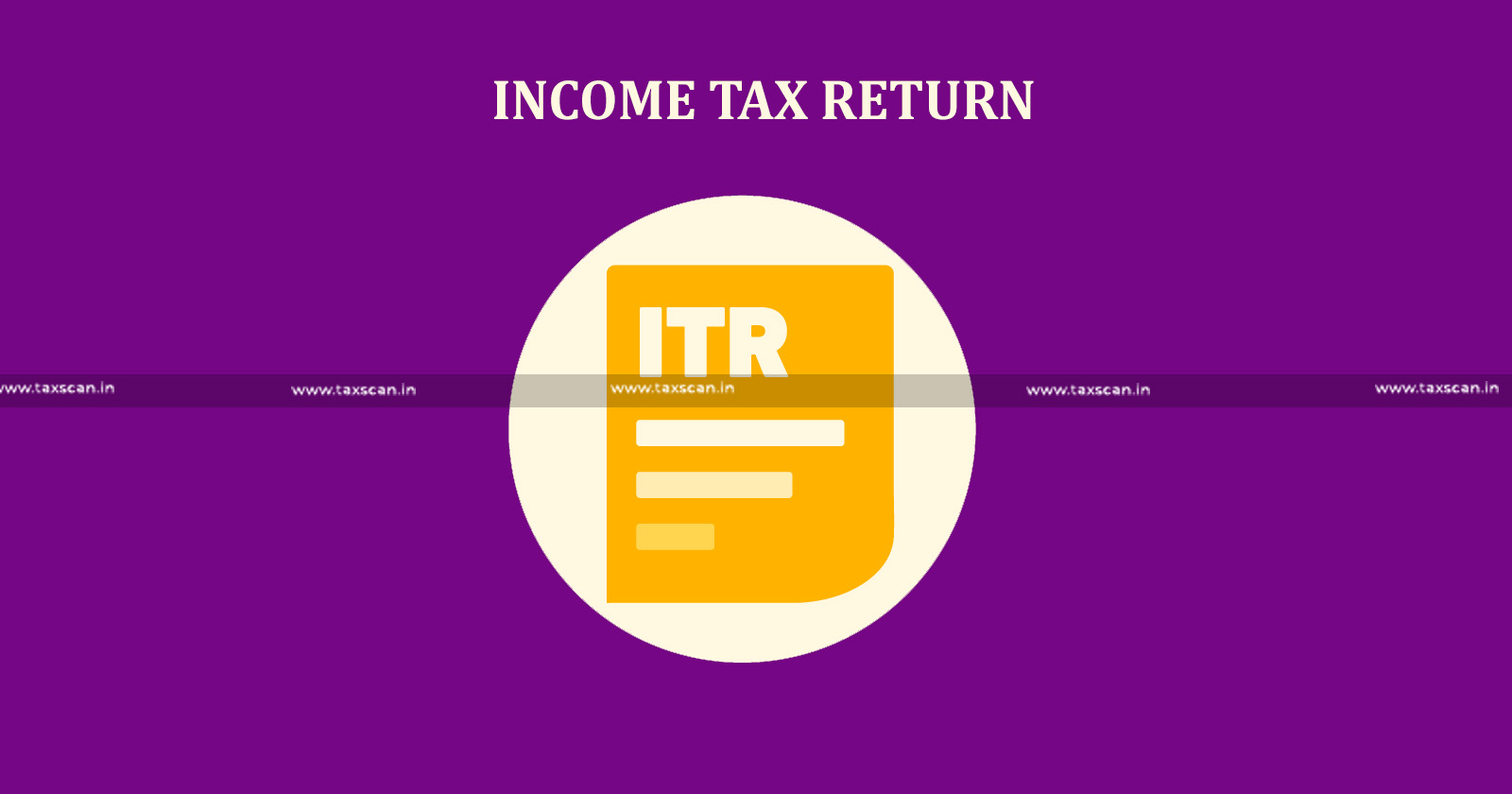AAR’s Classification of Inox Installation Plant as Immovable Property Lacks Reasoning: Madras HC Remands Matter [Read Order]
The Madras High Court remanded the Inox Air Products case after the AAR failed to justify the denial of ITC on plant installation classified as immovable property.
![AAR’s Classification of Inox Installation Plant as Immovable Property Lacks Reasoning: Madras HC Remands Matter [Read Order] AAR’s Classification of Inox Installation Plant as Immovable Property Lacks Reasoning: Madras HC Remands Matter [Read Order]](https://images.taxscan.in/h-upload/2025/06/14/2044355-inox-installation-plant-site-img.webp)
In a recent ruling, the Madras High Court remanded a case back to the Appellate Authority for Advance Ruling (AAAR), Tamil Nadu, after finding that the authority had failed to provide sufficient reasoning for classifying a plant installation by Inox Air Products Private Limited as immovable property and denying Input Tax Credit (ITC).
Inox Air Products filed two writ petitions challenging an AAAR order dated 02.12.2021, which upheld the denial of ITC on GST charged by India Pistons Ltd. for the transfer of leasehold rights linked to the installation of plant and machinery. The company argued that the AAAR had ruled that the plant constituted immovable property without properly addressing whether it fell under the exception in Section 17(5)(d) of the CGST Act, which allows ITC if such immovable property is used in the course or furtherance of business.
 Also Read:Delhi HC upholds Conviction u/s 276 C(2) of Income Tax Act citing, Nonpayment of Income Tax Returns was wilful act of accused [Read Order]
Also Read:Delhi HC upholds Conviction u/s 276 C(2) of Income Tax Act citing, Nonpayment of Income Tax Returns was wilful act of accused [Read Order]
The petitioner’s counsel argued that the plant, even if immovable, was integral to its business operations and therefore eligible for ITC. They argued that the AAAR’s conclusion was one-sided and lacked a clear explanation regarding the exception clause.
How to Audit Public Charitable Trusts under the Income Tax Act Click Here
The GST department’s counsel also agreed that the issue involved two separate limbs, first, whether the asset was movable or immovable, and second, whether the exception applied, and that the AAAR had not addressed the second aspect adequately. Both parties suggested that the matter be sent back for fresh consideration.
A single bench led by Justice Mohammed Shaffiq held that the AAAR’s failure to deal with the second issue required a reconsideration. The court allowed the petitioner to file additional submissions and directed the AAAR to pass a fresh order within six months, after granting an opportunity for a hearing.
The court clarified that it had not expressed any opinion on the merits of the case and left it open for the AAAR to decide based on the law. The writ petitions were disposed of, and the connected miscellaneous petitions were closed.
Support our journalism by subscribing to Taxscanpremium. Follow us on Telegram for quick updates


